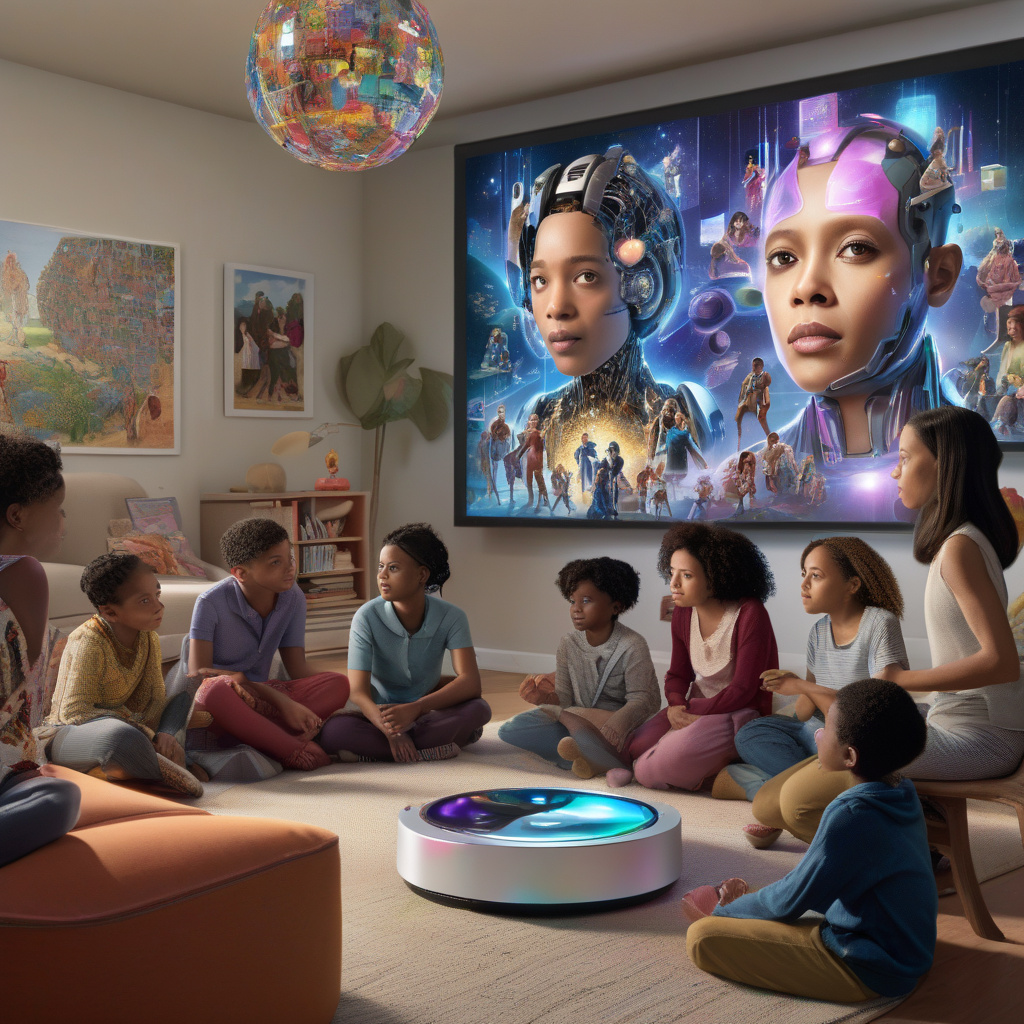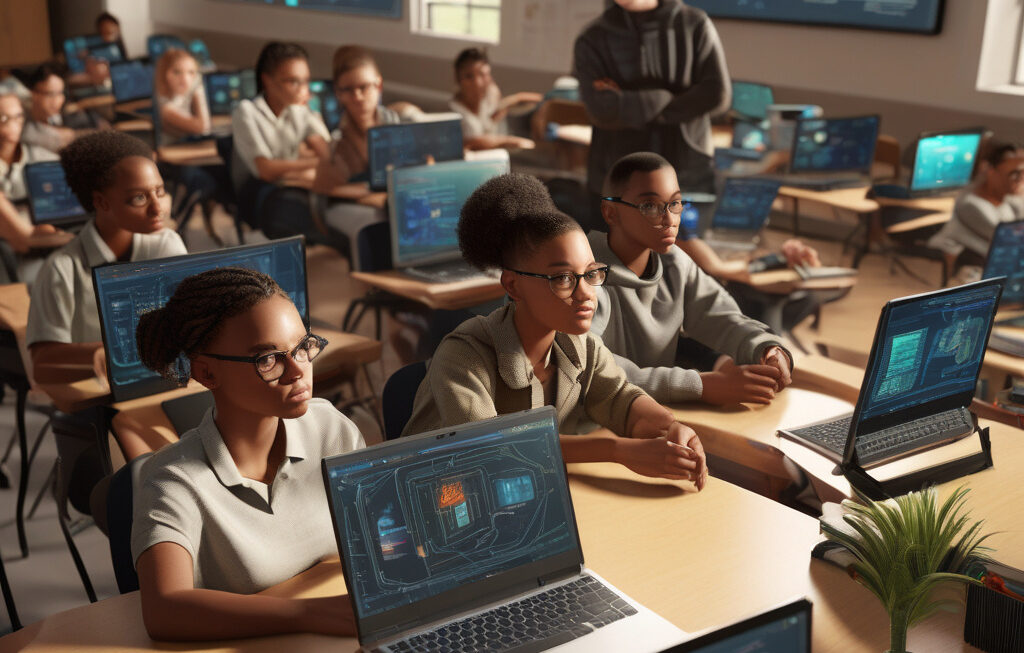AI in Entertainment: Shaping Perceptions and Literacy
In a world where technology is rapidly advancing and reshaping various industries, the entertainment sector is not immune to these changes. Artificial Intelligence (AI) is increasingly playing a significant role in how we consume entertainment, from personalized recommendations on streaming platforms to the creation of entirely new forms of media. As researchers embark on a new project focusing on AI in entertainment, the potential implications for shaping perceptions and literacy in this field are becoming increasingly clear.
The project’s primary goal is to provide valuable insights that could assist colleges in introducing AI literacy modules into their curricula. By better preparing students for a tech-driven world, these modules aim to equip the next generation with the skills and knowledge necessary to thrive in an AI-dominated entertainment landscape. Understanding the intricacies of AI in entertainment will not only be beneficial for aspiring creators but also for consumers who are increasingly interacting with AI-driven content.
One of the key areas where AI is making a significant impact in the entertainment industry is content creation. For example, AI algorithms can analyze vast amounts of data to predict consumer preferences, leading to the creation of tailored content that resonates with specific target audiences. This level of personalization not only enhances the viewing experience for consumers but also presents new opportunities for content creators to experiment with innovative storytelling techniques.
Furthermore, AI is revolutionizing the way content is curated and distributed across various platforms. Streaming services leverage AI algorithms to recommend movies, TV shows, and music based on individual viewing habits and preferences. By analyzing user data in real-time, AI can accurately predict what content a viewer is likely to enjoy, thus enhancing user engagement and retention.
Moreover, AI-powered tools are being used to enhance the post-production process in filmmaking, music production, and gaming. For instance, AI algorithms can assist in tasks such as video editing, sound mixing, and even character animation, streamlining the production workflow and reducing time and costs. By automating repetitive tasks, creatives can focus more on the artistic aspects of their work, leading to higher-quality output.
As AI continues to permeate every aspect of the entertainment industry, it is essential for individuals to develop AI literacy – the ability to understand, use, and interact with AI systems effectively. By integrating AI literacy modules into college curricula, students can gain a comprehensive understanding of how AI is shaping the entertainment landscape and acquire the skills needed to leverage AI technologies in their future careers.
Ultimately, the insights gained from the research project on AI in entertainment have the potential to not only inform educational practices but also drive innovation within the industry. By fostering a deeper understanding of AI technologies and their applications, colleges can empower students to become proactive participants in an ever-evolving tech-driven world.
In conclusion, AI’s growing influence in the entertainment sector presents both opportunities and challenges for creators, consumers, and educators alike. By embracing AI literacy and staying informed about the latest developments in AI technology, individuals can position themselves advantageously in a rapidly evolving industry landscape.
#AI, #Entertainment, #Perceptions, #Literacy, #TechDrivenWorld












